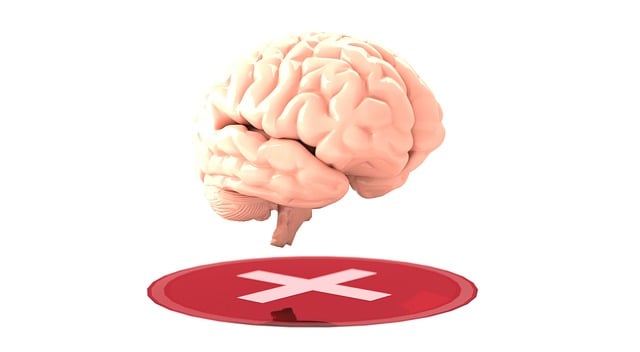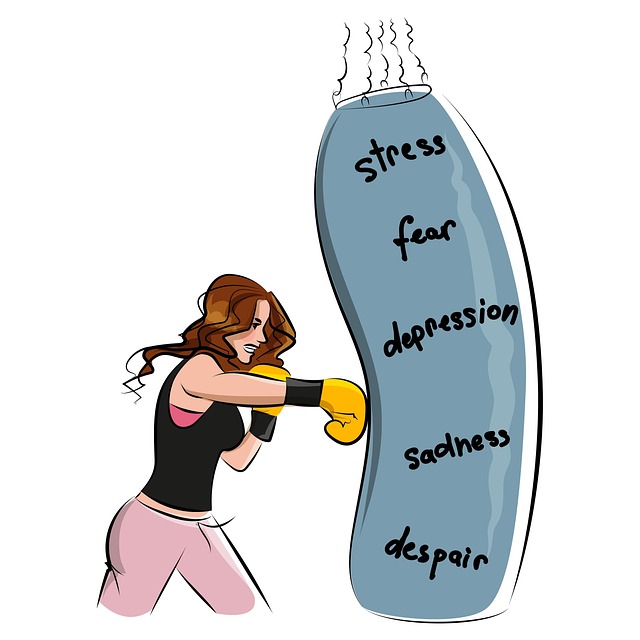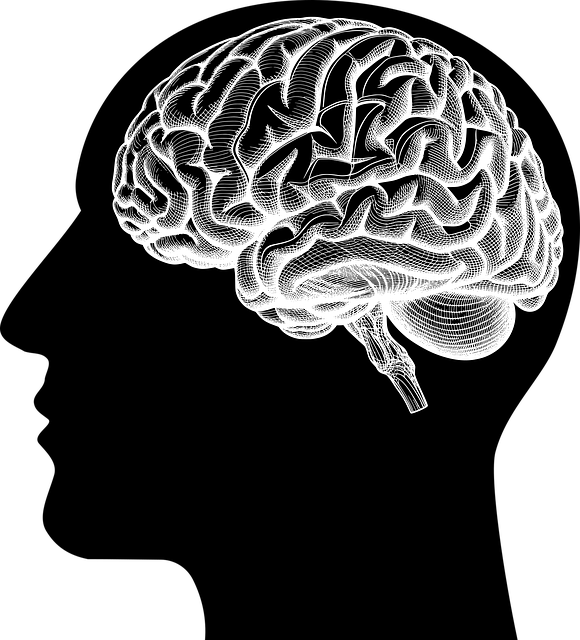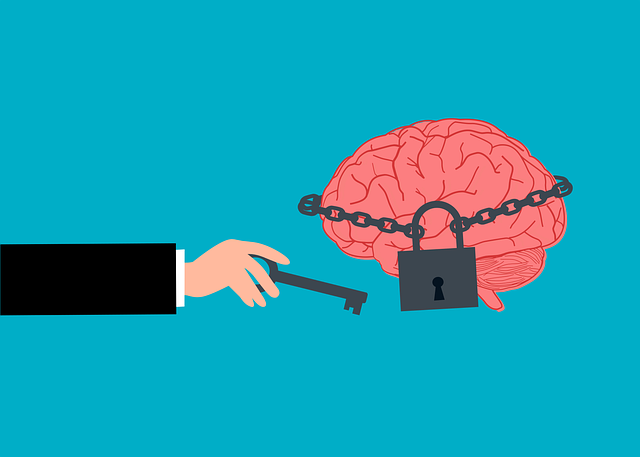Mental wellness groups in Denver, facilitated by trained therapists, provide safe havens for child abuse survivors to connect, share experiences, and learn from one another. These groups focus on non-judgmental environments, active listening, and clear boundaries to enhance social skills and emotional well-being, following the Mind Over Matter principles. Open communication, techniques like guided meditations, and stress management tools are vital components aimed at creating supportive cultures within the groups. Facilitators carefully navigate diverse reactions through risk assessments and cultural competency training, measuring success through pre-post assessments, feedback, and follow-ups to tailor approaches and ensure positive therapeutic outcomes in Denver Child Abuse Therapy.
In the heart of Denver, child abuse therapy has evolved to include group facilitation as a powerful tool for mental wellness. This article delves into the art and science of leading therapeutic groups, focusing on creating safe spaces where individuals heal and grow. We explore the facilitator’s role, essential skills, and engaging techniques that foster open communication. Additionally, we address the sensitive topic of trauma and provide insights into evaluating group therapy’s impact, offering valuable guidance for practitioners in Denver and beyond.
- Understanding Mental Wellness Groups: Creating Safe Spaces
- The Role of a Facilitator: Skills and Qualities Required
- Engaging Techniques to Foster Open Communication
- Addressing Traumatic Experiences: Sensitive Handling in Group Settings
- Measuring Success: Evaluating the Impact of Group Therapy
Understanding Mental Wellness Groups: Creating Safe Spaces

Mental wellness groups offer a unique and supportive environment where individuals can connect, share experiences, and learn from one another. These groups play a pivotal role in fostering community and understanding among people facing similar challenges. In Denver, child abuse therapy has extensively utilized group facilitation techniques to create safe spaces for vulnerable individuals to heal and rebuild their emotional resilience.
Creating a safe space is paramount for effective mental wellness group sessions. Facilitators must ensure participants feel secure, respected, and understood. This involves establishing clear boundaries, promoting active listening, and fostering an atmosphere of non-judgment. By creating such environments, groups encourage open dialogue, enhance social skills training, and promote emotional well-being promotion techniques that are essential for mental health awareness.
The Role of a Facilitator: Skills and Qualities Required

The role of a mental wellness group facilitator goes beyond simply moderating discussions. Effective facilitators act as guides, fostering a safe and supportive environment for participants to share their experiences and insights. They must possess a unique blend of skills and qualities to navigate complex dynamics within the group setting.
Key attributes include strong active listening abilities, allowing them to understand individual perspectives and needs. Facilitators should also demonstrate excellent empathy, enabling them to connect with each member and validate their emotions. Conflict resolution techniques are invaluable, helping to manage disagreements and promote healthy discussions. Moreover, a deep understanding of mental health principles, often coupled with healthcare provider cultural competency training, enables facilitators to address diverse issues effectively. By incorporating Mind Over Matter principles, they can empower participants to cultivate resilience and positive coping mechanisms. In the context of Denver Child Abuse Therapy, these skills are particularly crucial for creating therapeutic spaces that cater to the nuanced needs of survivors.
Engaging Techniques to Foster Open Communication

In facilitating mental wellness groups, fostering open communication is key to creating a supportive and safe space for all participants. Techniques such as active listening, where facilitators reflect back what they’ve heard to ensure understanding and validate emotions, can help individuals feel seen and heard. This not only encourages vulnerability but also strengthens the bond among group members.
Additionally, incorporating exercises that promote emotional intelligence, stress management, and confidence boosting can significantly enhance group dynamics. For instance, encouraging participants to share their experiences with guided meditations or mindfulness practices can offer alternative coping mechanisms. These engaging techniques create an environment where individuals feel empowered to express their feelings, fostering a culture of genuine connection and support—a vital aspect of effective Denver Child Abuse Therapy.
Addressing Traumatic Experiences: Sensitive Handling in Group Settings

Facilitating group therapy sessions requires a delicate balance, especially when addressing traumatic experiences. As a professional in Denver Child Abuse Therapy or any healthcare setting, navigating these conversations is paramount to ensure every member feels safe and supported. Traumatic events can leave individuals with complex emotions and memories, making sensitive handling crucial for effective group facilitation.
When guiding a group through such topics, mental wellness professionals should prioritize creating a confidential and non-judgmental environment. This involves thorough risk assessments for Mental Health Professionals to identify potential triggers and implement coping strategies. Incorporating Healthcare Provider Cultural Competency Training can also foster empathy and understanding, allowing facilitators to respond appropriately to diverse reactions. Effective stress management techniques are essential tools to help both the facilitator and group members stay grounded during intense discussions, ultimately fostering a healing and supportive atmosphere.
Measuring Success: Evaluating the Impact of Group Therapy

Measuring success in group therapy sessions is an essential aspect of facilitating meaningful progress and ensuring the effectiveness of Denver child abuse therapy programs. Going beyond mere attendance, evaluative strategies should aim to capture the impact on participants’ mental health awareness and coping mechanisms. This can be achieved through various methods such as pre-post assessments, feedback forms, and follow-up interviews. By comparing individual improvements, facilitators can identify successful techniques and tailor their approach for optimal results.
Incorporating Burnout Prevention Strategies for Healthcare Providers, the emphasis on empathy building strategies becomes crucial. Mental wellness group facilitation should create a safe space where members feel understood and supported, fostering open communication and emotional expression. Regular evaluations allow facilitators to adapt their methods, addressing potential challenges and promoting positive outcomes, ultimately enhancing the overall therapeutic experience.
Mental wellness group facilitation is a powerful tool for healing and growth, especially when traumatic experiences are involved. By creating safe spaces and employing engaging techniques, facilitators can foster open communication among members, addressing sensitive topics like child abuse (Denver Child Abuse Therapy). This article has explored the essential role of facilitators, highlighting skills, qualities, and techniques to ensure successful group therapy outcomes. Understanding the impact of these practices is crucial for enhancing mental wellness in both individual and group settings.












